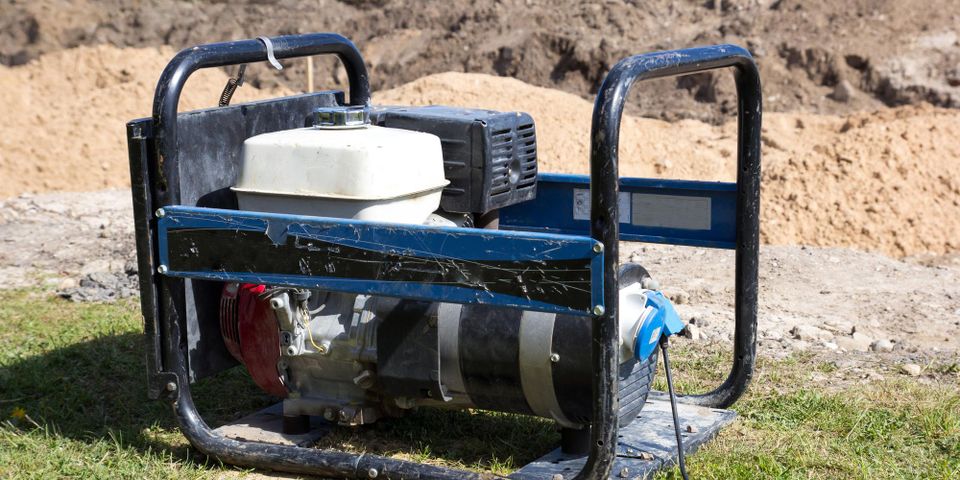
Generators provide backup power when your main source goes out. Knowing how generators work and how calling an electrical contractor to install one are important steps. Below is a brief guide.
The Key Components
Electrical generators convert mechanical or chemical energy from another source into usable electrical energy by moving the charges present. The first necessary component is the engine, which is the source of the mechanical energy. The larger the engine, the more power the generator will supply. Engines also run on different fuel sources such as diesel, gasoline, propane, and natural gas. Generators also have an alternator that produces the electrical output from the mechanical source produced by the engine as well as a fuel tank to keep the generator running.
Another important area is the voltage regulator, which regulates the voltage output and converts a portion of the AC voltage into a DC current. This current is then sent to windings where voltage is produced so the generator can operate effectively. When loads are added, the voltage regulator ensures this cycle continues so enough power is produced.
J ust like any machine, there must be a cooling and exhaust system to keep it from overheating. Coolant can be as simple as fresh water but some use hydrogen to remove excess heat. Because generators produce exhaust fumes, toxic gases must be expelled via exhaust pipes attached to the engine.
ust like any machine, there must be a cooling and exhaust system to keep it from overheating. Coolant can be as simple as fresh water but some use hydrogen to remove excess heat. Because generators produce exhaust fumes, toxic gases must be expelled via exhaust pipes attached to the engine.
Generators must have a battery charger so the start function will engage. They must also have a control panel so that users can operate various settings and check battery and fuel levels.
How to Choose a Generator
The first step is to determine the size you need. Consider what will run off this backup source. If the generator is too small, you won’t have enough power. If you try to continue to use an undersized generator, you risk not only losing power again but also damaging anything connected to it. An electrical contractor can help you figure out power necessities so you’re purchasing the right capacity.
Another characteristic to consider is the fuel source. If you have a natural gas line already on your property, purchasing a generator that runs off this will be cost effective and easy to install. Diesel generators are generally reserved for large commercial outfits. Propane is a clean option that is easy to supply and will be safe for your property.
For a reliable electrical contractor to help you with your backup generator, call Osterwisch Company. Family owned since 1946, the company has provided the greater Cincinnati and Tri-state area with electrical, plumbing, and heating and cooling offerings. Fully licensed in Ohio and Kentucky, their team ensures that your project is completed correctly the first time and within your budget. To schedule an appointment with an electrical contractor, call (513) 791-3282. Visit them online for more on their offerings, including water heater, boiler, and lighting work.
About the Business
Have a question? Ask the experts!
Send your question

